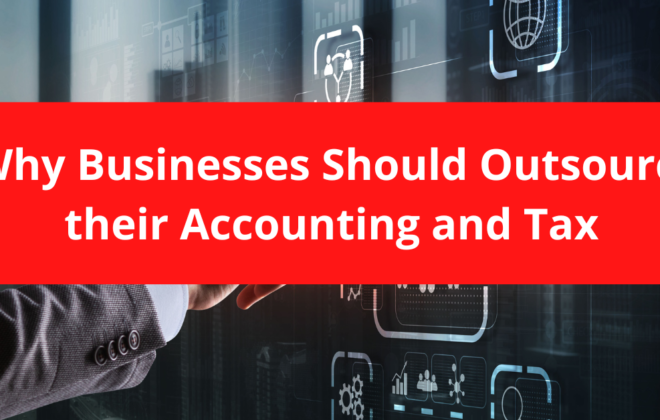Accounting Tips for Small Businesses
If you have decided to start your own small business, one of the things you have to learn is to how to handle your finances. It is essential for you to keep track of your revenues and expenses so that you know how your business is doing. Here are some accounting tips that can be adopted by small businesses:
- Separate business and personal expenses
Having a dedicated business bank account for checking and savings saves you precious time when it is time to record all deductible business expenses. Make sure you clearly document all the money you are putting in the business out of your personal assets. Maintaining a dedicated business bank account and business credit card will also help limit legal exposure to business debts if you have a limited liability company or corporation.
- Track every expense
Label and categorize each expense and track your cash flow to ensure that you can maximize tax write-offs and credits. Use business credit cards for all business related purchases so that you will not end up with a wallet full of receipts to sort through. Accounting software will also store copies of checks and invoices that you have paid. When cash is your only option, file digital copies of receipts in your accounting software. Your chosen accounting method will impact when to record expenses and income.
- Accurately record income
Loans, revenue from sales and other cash infusions are easy to lose track of but you need to keep tables on all your incoming cash flows. If you don’t you could end up underpaying your taxes and that can lead to avoidable tax penalties. As with expenses, your accounting method will determine exactly when to record income.
- Consider hiring a professional, even if temporarily
Hiring a professional bookkeep or accountant, even for just a few hours week or month, can make a big difference. A professional will keep your records up-to-date and orderly and is better equipped to know about potential fees, loopholes or additional tax deductions for which you might be eligible.
- Automate accounting practices with accounting software
Accounting software is a great tool for virtually any small business. You can use it on your own or give secure access to your bookkeeper or accountant, should you decide to hire one. Quickbooks is the best known accounting software, though there are several smaller competitors now as well.
- Dedicate time to update your books
Set aside some time weekly to get the necessary paperwork in order and avoid letting receipts and invoiced receivables pile up. This can save you a lot of catch up work as tax season nears.
- Keep tabs on labor costs
Paying employees, including yourself, might account for as much as 70 percent of a business’ total budget. Take note of overtime, perks and other benefits you offer to prevent over- or under-paying. Your accountant or accounting software should also be able to help you calculate and pay your payroll taxes, which have different rules and deadlines than income taxes.
- Expect major expenses
Computer upgrades, equipment replacement and tax deadlines should not come as a surprise. Larger capital expenses often come up during slower plans so plan ahead to avoid a cash crunch.
- Maintain inventory records
You can buy stand alone inventory management software to help you with this task, or many accounting softwares integrate with inventory management tools.
- Follow up on invoices and receivables
Just because you have sent an invoice does not mean you will get paid. Send invoices right after a job to increase the chances of prompt payment and follow up with friendly reminders as the deadline approaches. You can even offer early payment discounts to incentivize your customers to pay quickly. Accepting online payments and using cloud-based accounting software can also help automate this process for you.
- Create financial projects for future years
Even if your business is financially sound today, you want to make sure things stay positive. Using financial projections, you can estimate where your company will be the following year and even two or three years down the road. Financial projections can help you figure out where to invest business revenue and whether and when you will need to start applying for a business loans.
Finance is the backbone of any business so these small business accounting tips and tricks are essential to business success.
Tags In
Related Posts
Recent Posts
- How to Process the Sworn Declaration Required by BIR for Electronic Marketplace Sellers
- Understanding Tax Compliance for e-Marketplace Businesses
- Who Needs to Submit GIS to the SEC?
- Understanding these Financial Ratios for Business Decision-Making Purposes
- What you Should Know about the Ease of Paying Taxes Act





